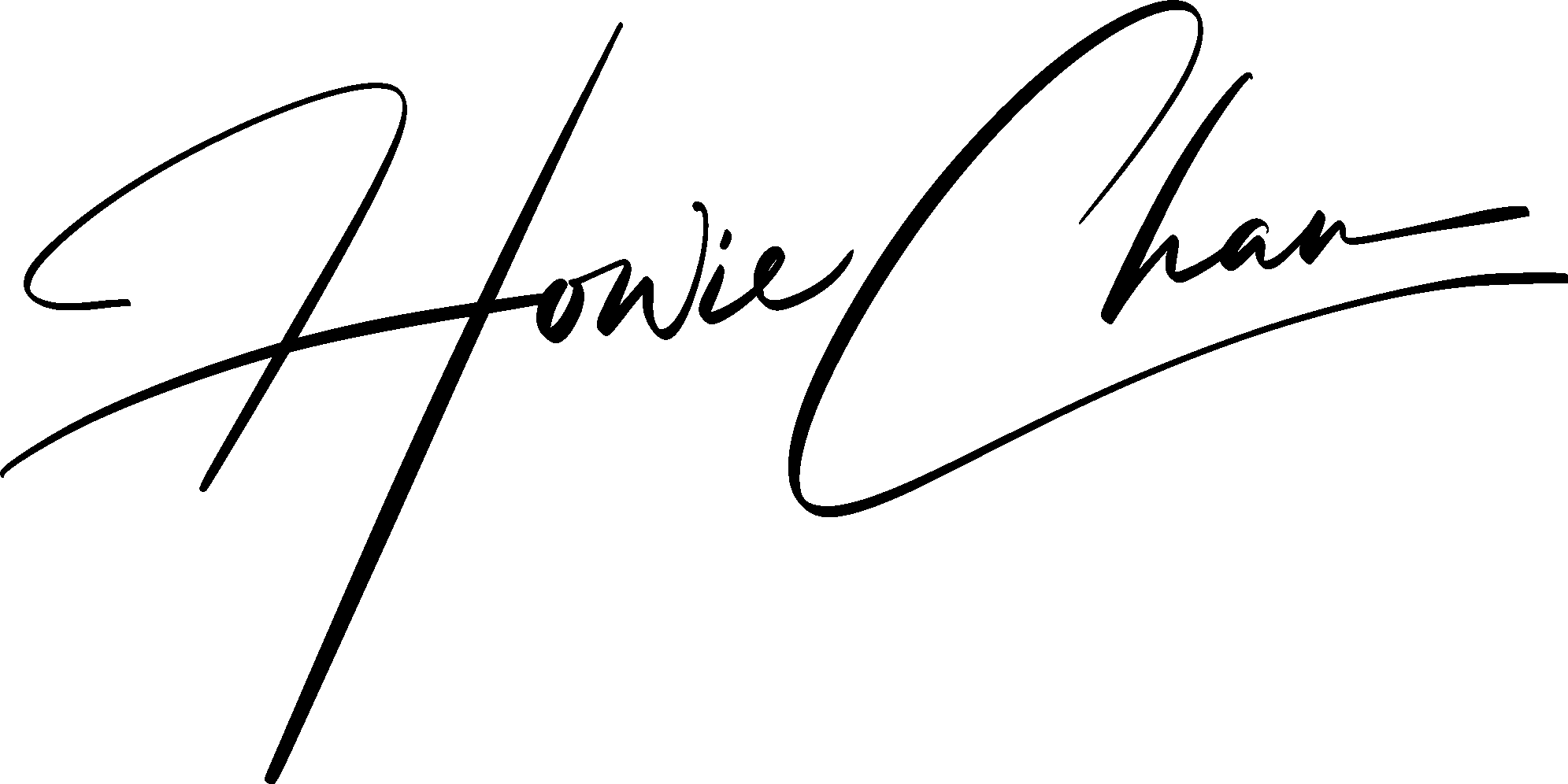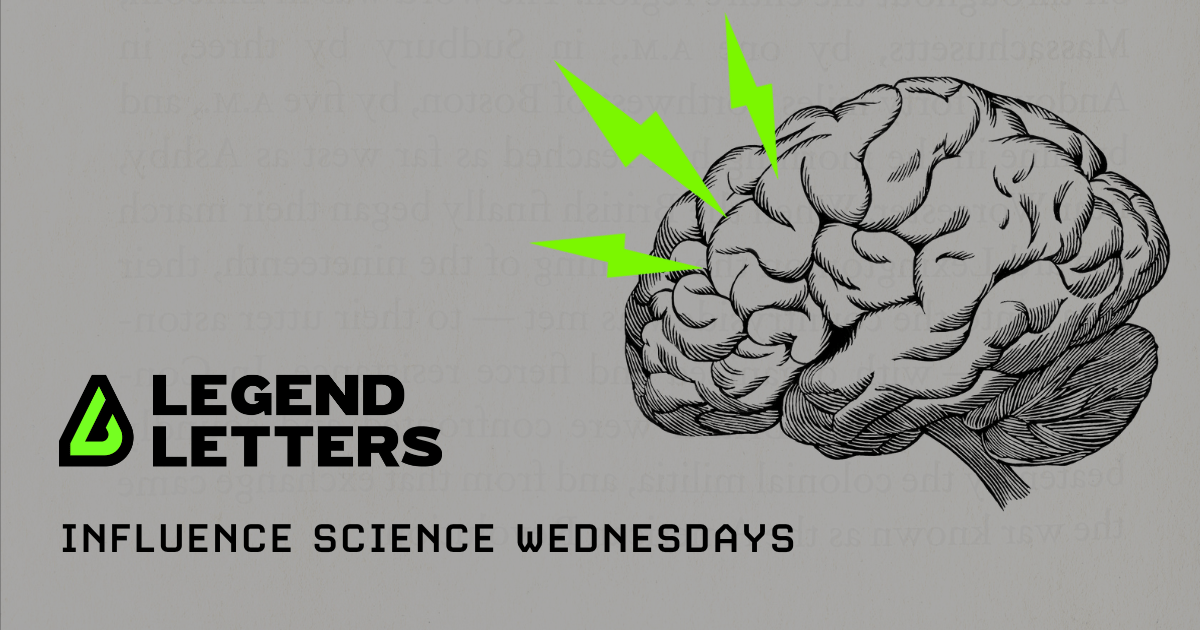STORY
One of the most exhilarating parts of my work as a strategist is pitching new business. It’s typically a 2 to 3 week intense sprint to put on a powerful performance that wows the potential client. It’s really intense, but also really rewarding.
But one thing I find interesting is that if you asked me what are the pitches I won, I’ll have to dig deep to remember which ones, but if you asked me which ones I lost… I’ll have no problem telling you, and even rank them in terms of pain, vividly remembering each pitch.
Why is that?
It turns out that there is science behind it. Our brains are wired to hate loss. In fact, we feel the pain of loss 2x more intensely than the pleasure of gain.
We don’t just want to win.
We want to not lose even if it costs us opportunities, growth, or progress.
This is the cognitive bias called Loss Aversion.
(Watch a 1 min 19 sec video around how Loss Aversion is a key driver for cheating and ethical misconduct)
STUDY
In 1979, Daniel Kahneman and Amos Tversky introduced the world to Loss Aversion through their pioneering work.
In one experiment, they gave people this choice:
Option A: Guaranteed $900 👈🏽
Option B: 90% chance to win $1,000, but 10% chance to get nothing
Most people played it safe and chose the sure $900, even though Option B had the same expected value.
But when the same options were framed as losses, the pattern flipped:
Option A: Guaranteed loss of $900
Option B: 90% chance to lose $1,000, but 10% chance to lose nothing 👈🏽
Now most people gambled.
The kicker? The math didn’t change.
But the framing did. Because loss feels personal, immediate, and gut-level scary.
Why This Works
Your brain is wired to protect you from loss more than it’s wired to chase gains.
Studies using fMRI scans show that potential losses activate the amygdala, the brain’s fear center, far more intensely than potential gains activate reward centers.
It’s survival logic.
Evolution favored those who played it safe, those who didn’t lose food, shelter, or life.
So when faced with decisions, your brain sounds the alarm louder for potential loss than potential gain.
Even in business, love, or everyday life.
That’s why loss aversion influences behavior so powerfully.
STRATEGY
Loss Aversion is one of the most predictable ways to influence decisions.
Here’s how to use it (ethically) in your business, brand, or leadership:
Sell the cost of doing nothing
→ “Each month you delay is $5K in lost pipeline.”Frame gains as avoided losses
→ “Clients like you avoid 10+ hours of wasted time each week.”Anchor with sunk effort
→ “You’ve already done the hard part, don’t lose the momentum now.”Use real scarcity or deadlines
→ “Only 3 spots left for this round of coaching.” (Don’t fake this, humans can smell it.)Motivate teams with mission risk
→ “If we don’t act now, we risk falling behind competitors.”
When in doubt, don’t just promise the upside.
Show what’s at risk if they don’t take the next step.
Because avoiding loss?
That’s the move people make first.
Make your mark, live your legend 🤘🏽
I’ll see you on Sunday!

Howie Chan
Creator of Legend Letters

How did you like today's Legend Letters?
WHENEVER YOU ARE READY
1/ Your Personal/ Professional Brand
”How do I package my genius into a clear, compelling brand?” Whether you want a quick high impact call or a complete done for you strategy, there’s a fit.
“What exceeded my expectations? The power of the brand idea & how easy it has been to immediately use it as I describe to others what I’m up to.”
2/ Hire me to speak to your team
Companies don’t become great. Great people make great companies. Organizations trust Howie Chan to bring programs that are provocative, actionable, and spicy 🌶 so every individual leave with a sense of fresh purpose and passion for greatness.
Are you ready?

